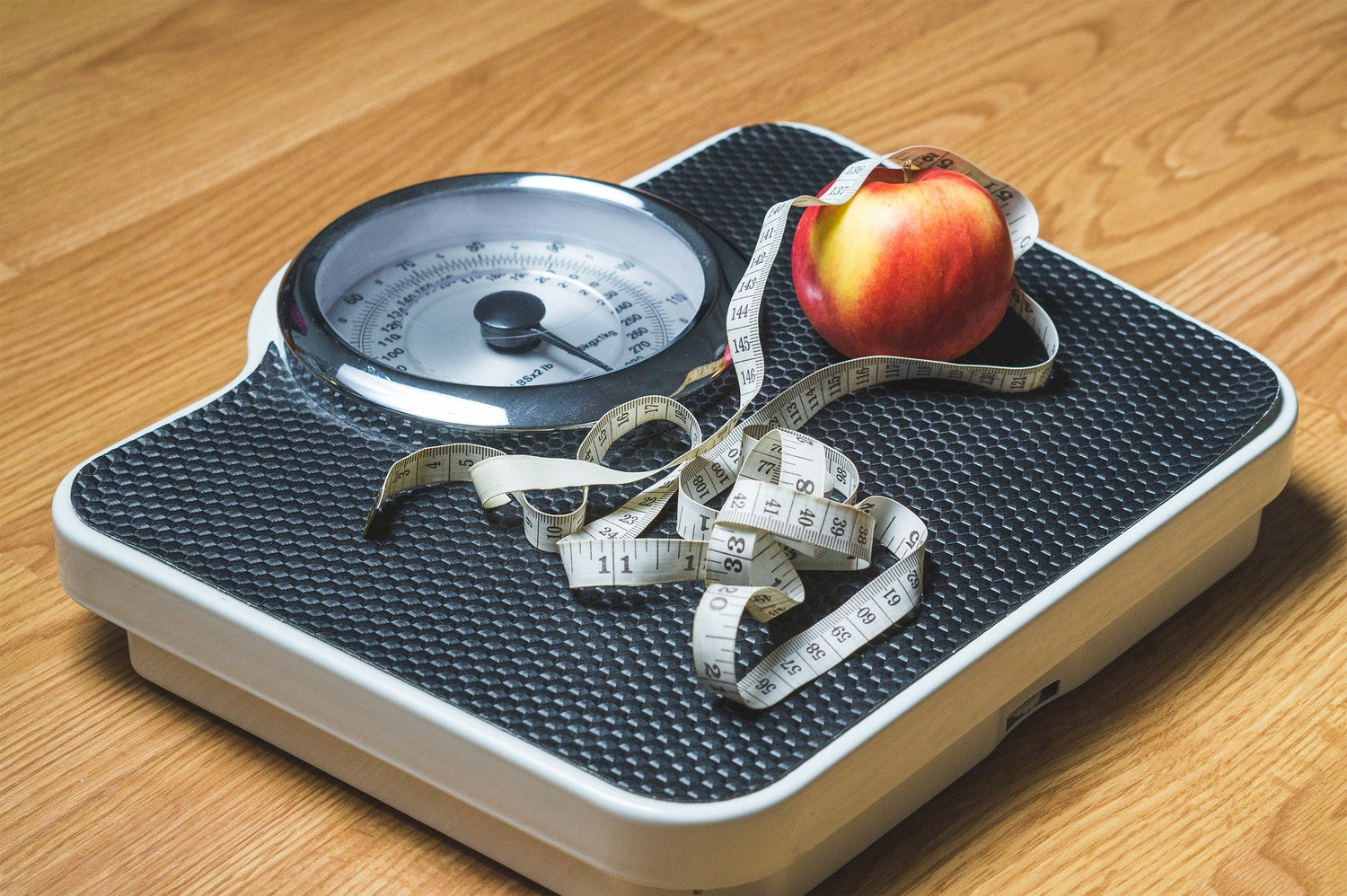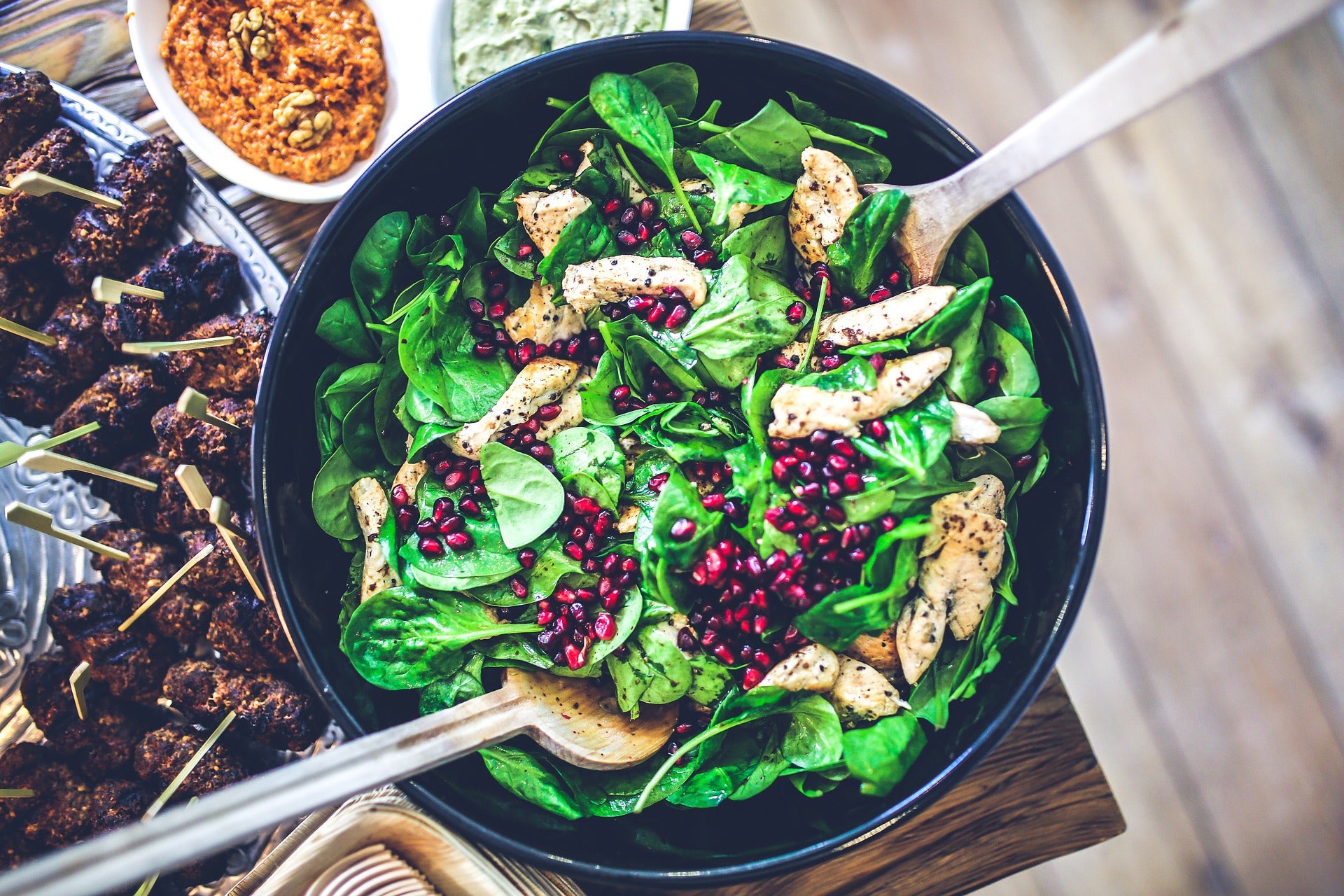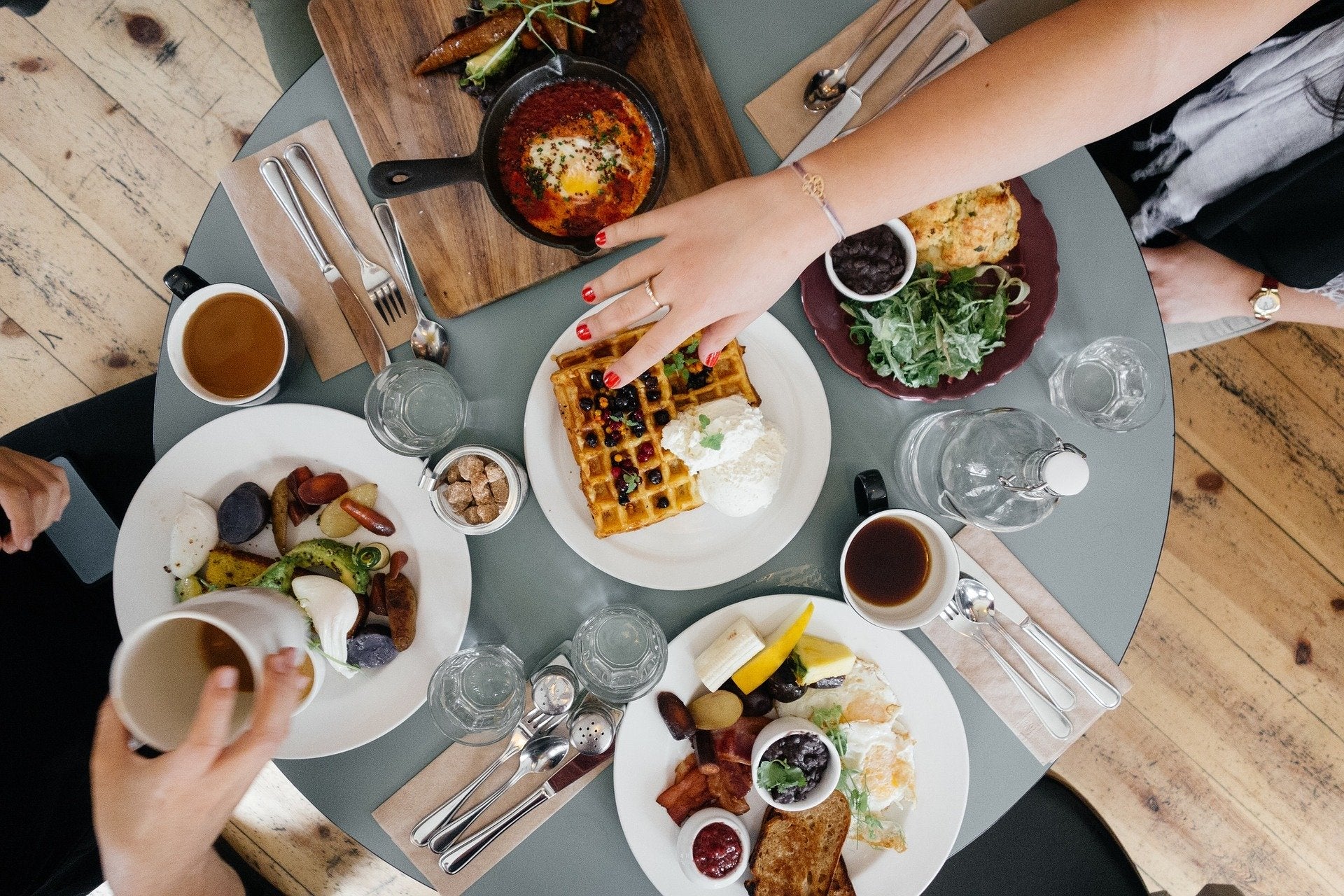At each stage of life, the extra pounds have different causes: hormonal variations, diet, lifestyle... Solutions for losing weight must therefore be adapted to each situation.
Coming out of adolescence
After adolescence, the extra pounds on the hips, buttocks and waistline are often due to a somewhat disjointed diet: nibbling, unbalanced dishes, sandwiches, candies and sweets repeatedly...
But at this time of life, the pounds are easy to lose. A drastic diet is then in no way advised. There is no point in setting too high a goal with strict rules. By depriving yourself too much, you risk tiring your body and regaining the pounds lost at the end of the diet.
Go for a goal of three or four kilos maximum and contact a doctor-nutritionist for a greater loss. The best way to keep the line is above all to adopt good eating habits , and that starts with stopping snacking.
If you feel peckish during the day, opt for a small sugar-free compote or a low-fat yogurt.
On the other hand, it is absolutely necessary to ensure that you diversify your diet: fruits, vegetables, meat, fish, dairy products, etc., and drink at least 1.5 liters of water a day. Moreover, it is useless to banish certain foods such as meat, because the body needs their nutritional contributions.
In my thirties
At 30, you know your ideal weight and you know reasonably how many pounds you need to lose to feel good about yourself. The principles of an effective diet are acquired, but it is difficult for you to reconcile them with an active life.
However, some good habits can be adopted daily to help you lose a few pounds. First of all, never skip a meal. Having a real breakfast (if you feel the need) allows you, for example, to avoid snacking on the stroke of ten o'clock.
For lunch, concoct slimming menus in advance, especially for your lunches on the go. Do not deprive yourself of starchy foods (pasta, bread, etc.) or fats, because in reasonable quantities, these foods are necessary: your health depends on it.
Finally, do not save a bit of weekly sport (fitness, swimming pool, walking, jogging...).
Before 50
At age 50, an individual's weight is more or less stabilized. This does not prevent you from having a few extra pounds, often due, for women, to their pregnancies.
The first reflex is then to restrict yourself by adopting a monotonous diet to avoid temptations. However, this is not the right solution. Indeed, having a little varied diet does not necessarily allow you to lose weight better, so treat yourself but in moderation!
Do not neglect the starches, fats or dairy products that are necessary for a good diet . Also try to have a regular sporting activity (at home, for example).
After 50 years
Weight gain during this period of life mainly affects women, affected by hormonal changes associated with menopause. To get rid of those extra pounds, regular physical activity, such as walking or cycling, is necessary.
In parallel, food intake should be as follows: 50% to 55% carbohydrates, 15% protein and 30% lipids.
To avoid monotonous diets, contact a specialist. He will know how to adapt your diet to your tastes and will grant you a few small pleasures.















